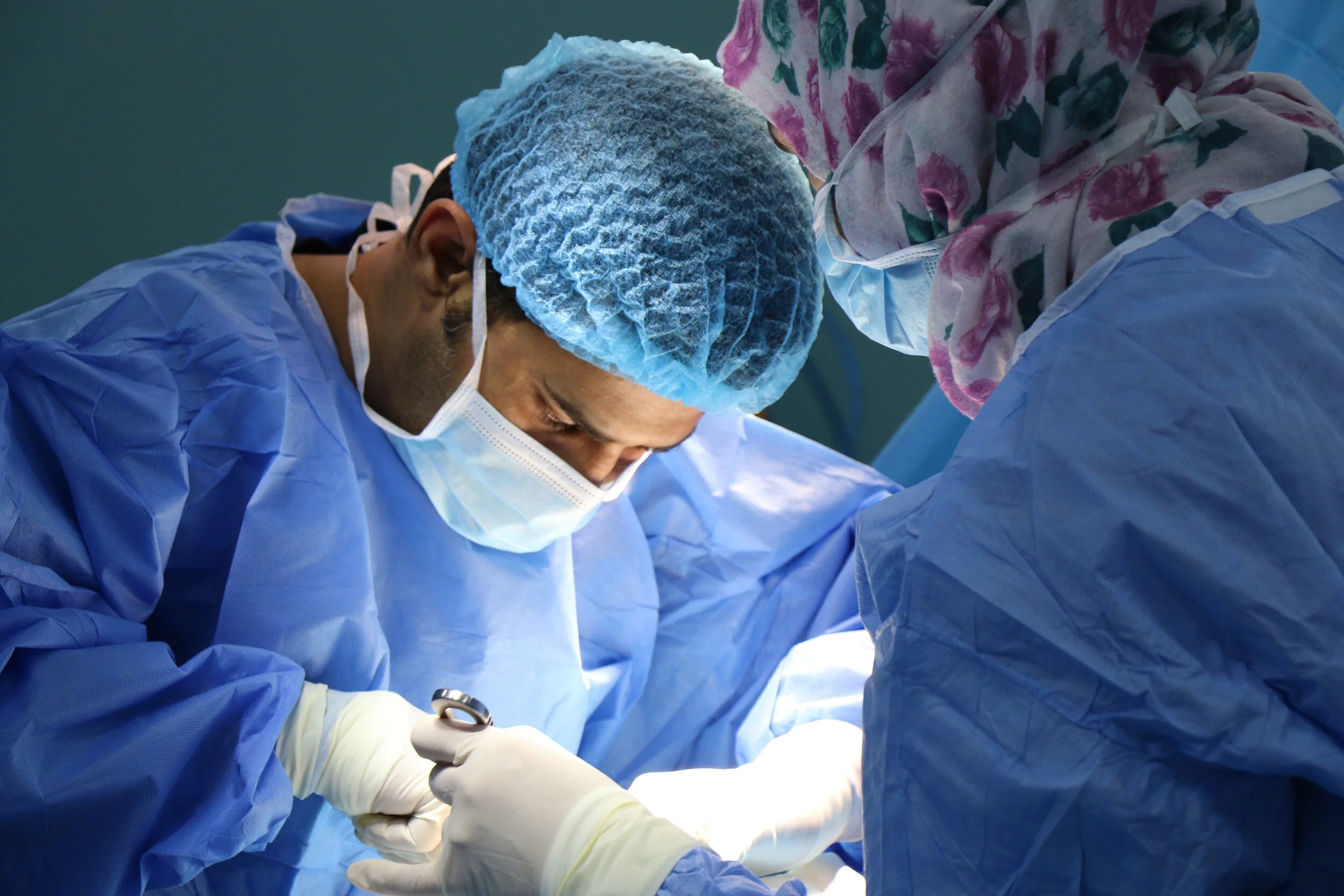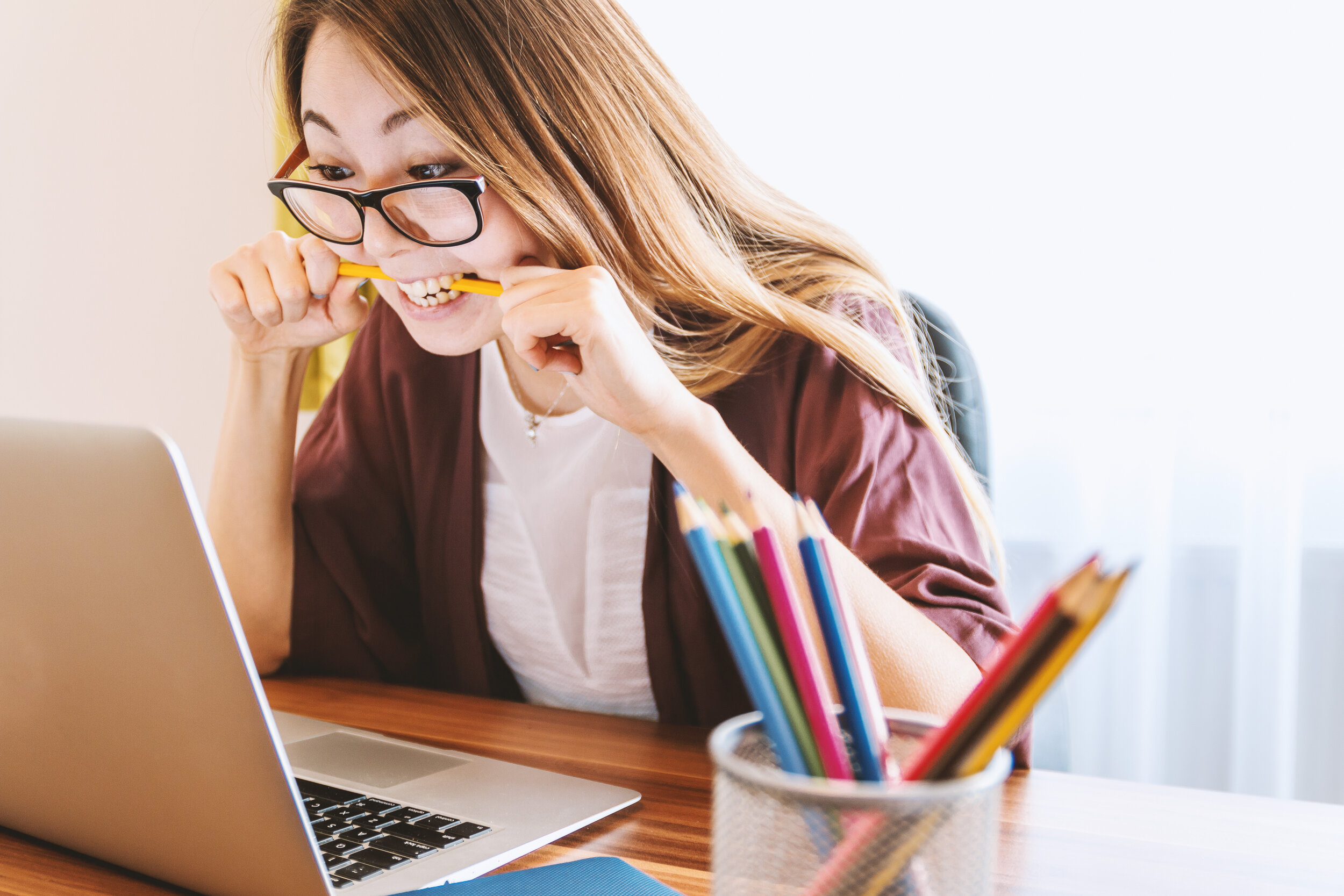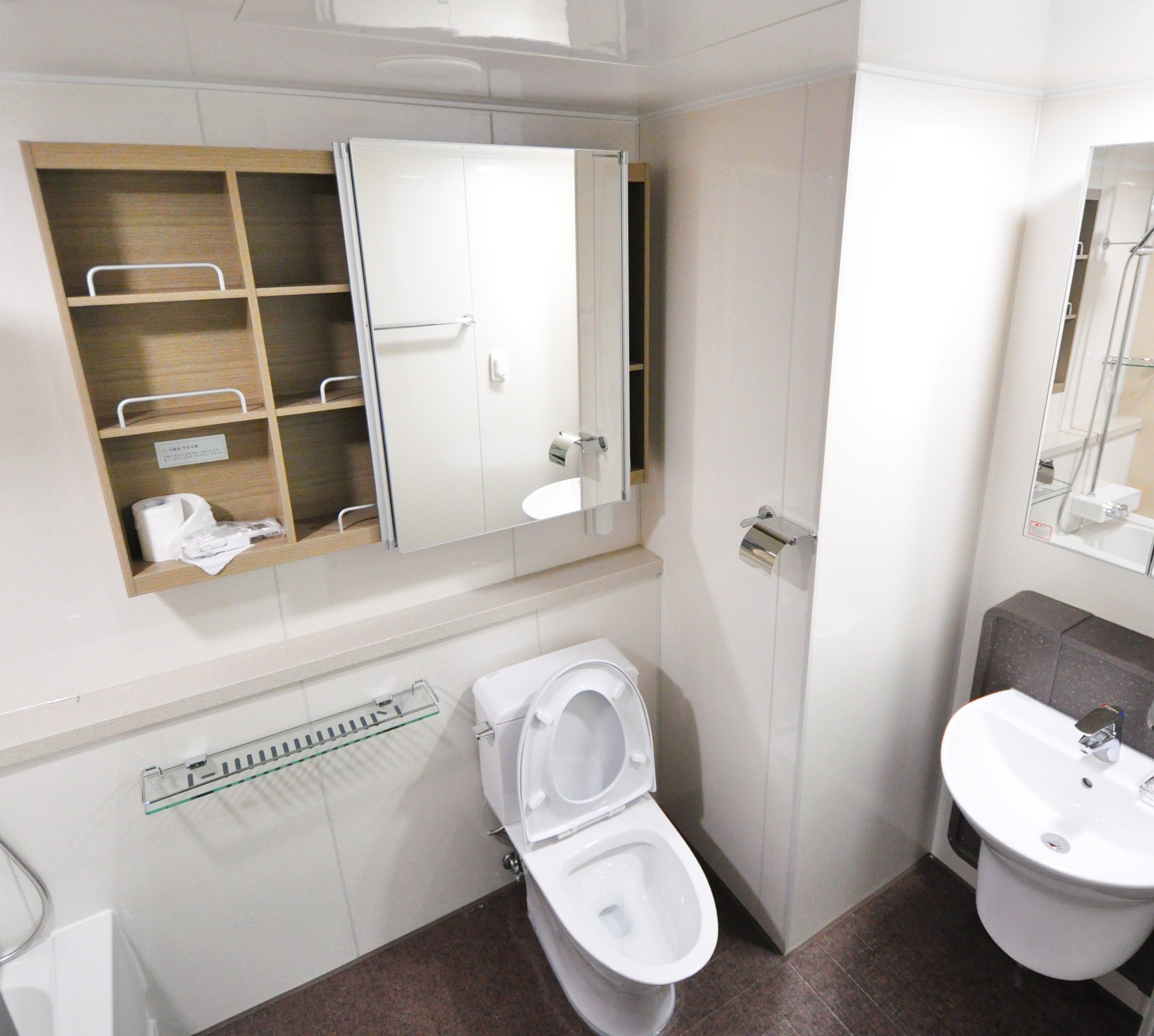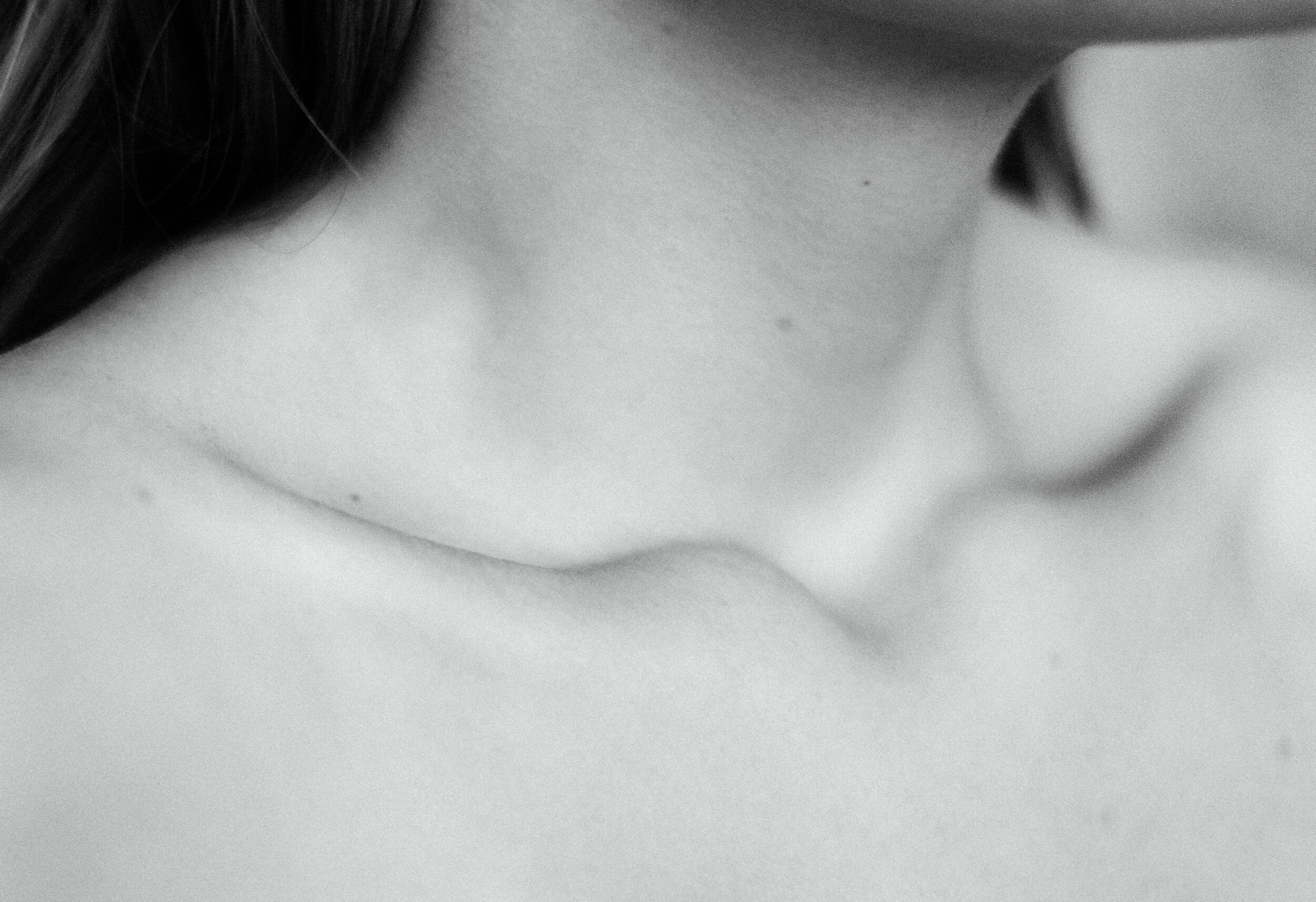Feeling Anxious Before an Operation? Acupuncture Can Help.
/Facing an upcoming operation or procedure can be anxiety-inducing. With so many questions, uncertainties and concerns, it’s common to be feeling scared, nervous or anxious. It’s also quite normal to feel stressed out or worried about what your recovery will be like.
How will you feel? Will there be pain? What will your limitations be?
While we, unfortunately, can’t be there to hold your hand, you may be surprised to know that acupuncture can help you to relax and recharge both before and after an operation.
Here’s how.
According to a study published by Cision entitled Acupuncture and Surgery: Relieve Anxiety Before and Reduce Discomfort After, Dr. Constance Chen (a plastic surgeon and breast specialist) explains, “Acupuncture can effectively reprogram the body to switch from the 'fight-or-flight' stress response to rest and relaxation.”
She adds, “The precise mechanism that causes this effect isn't known but it may be due to acupuncture increasing the body's production of endorphins, the natural hormones that counteract inflammation, pain, and stress.”
The study further explains that in some studies, “ perioperative acupuncture has been found to reduce stress and anxiety before surgery, reduce the need for opioids during surgery, and decrease both pain and post-operative nausea and vomiting after surgery.
Perhaps even more interesting?
According to the article, acupuncture performed DURING surgery, “in combination with conventional anesthesia can reduce the dose of opioids needed and provide a more comfortable post-operative experience than anesthesia alone.” And then after surgery, “Acupuncture can help alleviate pain and reduce the amount of medication needed to control it. Post-operative acupuncture may also promote the recovery of the immune system, bladder function, and the gastrointestinal tract.”
This is just even more evidence of the incredible healing powers of acupuncture. If you’re facing an upcoming surgery and would like pre or post-operative acupuncture, call our office or click here to book an appointment today!





















